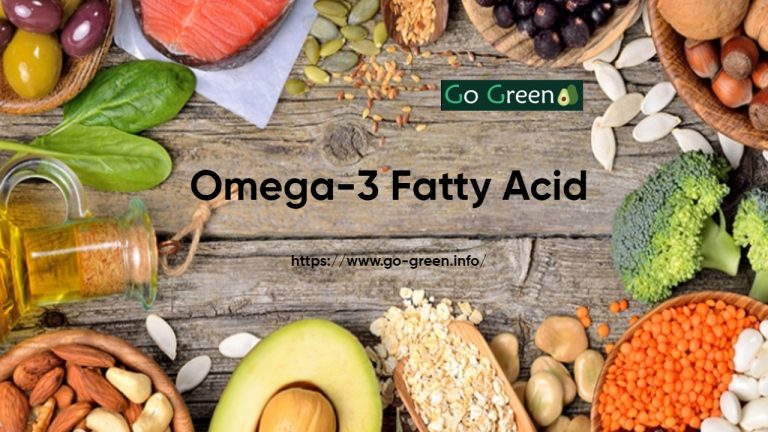Potassium

Potassium is an essential nutrient for humans, animals, and plants. In synergy with sodium, potassium plays a role in maintaining the body’s fluid balance and the health of your heart and kidneys.
The periodic symbol for potassium is “K.”
Potassium plays a vital role in many critical functions throughout the body, especially in the heart and kidneys.
The roles of potassium include:
regulating fluid levels in cells
sending nerve signals
contracting and relaxing muscles
limiting calcium loss through urine
balancing the body’s sodium levels
Potassium Benefits
Potassium Health Benefits
Promotes Heart health
Manages blood sugar
Maintains good metabolism
Improves bone health
Keeps blood pressure under control
Prevents kidney stones
Stimulates brain function
Potassium and Blood Pressure
When you eat too much sodium — usually from table salt or salty foods — your body releases more water to dilute the excess sodium in your blood. The increased fluid presses on your blood vessels, increasing the pressure, like too much water moving through a garden hose. High blood pressure is also called hypertension and is a significant factor in the development of cardiovascular disease, stroke, and kidney disease.
Potassium and Strokes
Potassium is increasingly understood to be significant in the management and prevention of cardiovascular disease and related incidents.
The more potassium people consumed, the less likely they were to suffer a stroke.
Potassium and Diabetes
Preventing diabetes is far easier than reversing the condition, and on that front, there is hope. While low levels of potassium in the blood are correlated with an increased risk of type 2 diabetes, Increased dietary potassium may help maintain healthy blood glucose control and limit the risk of developing diabetes. And even if you’re already diagnosed with prediabetes, Increased potassium can stabilize fasting glucose levels.
Potassium and Kidney Health
Potassium is also healthy for your kidneys. Not only can adequate potassium help prevent kidney stones, but it’s a powerhouse for the prevention and management of chronic kidney disease (CKD). Many patients with CKD are advised to limit their potassium in order to lower the risk of developing hyperkalemia (excessive potassium in the body).
Potassium Good for Your Bones
When we think of bone health, most of us don’t think first about potassium. But maybe we should! Potassium is strongly linked to higher bone mass density. And many studies tell us that positive effects on bone health are seen even with a minimum of just 2,300 mg of potassium per day, although some studies recommend aiming for a daily intake of around 4,700 mg.
How Much Potassium Do You Need?
The National Institute of Health’s recommendations for daily potassium intake are:
Children up to 13 years have varying needs over time
Teens 14–18: 2,300 mg for girls and 3,000 mg for boys
Women 19+: 2,600 mg (Pregnant or lactating women: 2,600 mg – 2,800 mg)
Men 19+: 3,400 mg
Potassium and Sodium Balance
Potassium and sodium are two important electrolytes that work together to achieve some fantastic things. They both help to regulate nerve function — supporting muscle contraction and heart function. And they work in tandem to maintain fluid equilibrium across cell walls. Having a healthy balance of these minerals is vital to their proper function.
Potassium Level Is Too Low or Too High?
Hypokalemia
Not having enough potassium in your body is called hypokalemia. Though many people who develop potassium deficiency may not have any symptoms, the effects of low potassium can be debilitating and even deadly. It’s a serious concern that can lead to muscle weakness or paralysis and abnormal heart rhythms (arrhythmias). Hypokalemia is also associated with increased blood pressure, kidney stones, and osteoporosis.
Despite being more common than excessive potassium levels, cases of low potassium are usually mild and are often the result of another condition or a side effect of medication.
Hyperkalemia
In contrast, potassium toxicity and the risks from too much potassium, hyperkalemia, are rare in healthy people because kidneys efficiently excrete excess potassium in the urine. However, people with certain conditions should be aware of the risks of consuming too much potassium. Mild hyperkalemia is usually asymptomatic, but high levels of potassium can cause life-threatening cardiac arrhythmias, muscle weakness, or paralysis. Most cases of hospitalization for excessive potassium are due to medications and renal insufficiency.
Risk factors for potassium toxicity include:
Kidney issues, advanced kidney disease, or kidney failure
Prolonged NSAID-use
Insulin deficiency
Tissue or cellular damage
Dietary causes of hyperkalemia are very rare, particularly in people not at risk. If you’re in a high-risk group, consult with your healthcare provider to ensure you’re consuming safe potassium levels.
Get Your Potassium
The minimum is at least 2,600 mg per day for women, and at least 3,400 mg per day for men
Potassium foods:
Cooked beet greens, 1 cup — 1,309 mg (more than a quarter of the optimal recommended potassium intake for a whole day!)
Medium baked potato with skin — 926 mg
Cooked acorn squash, 1 cup — 896 mg
Cooked spinach, 1 cup — 839 mg
Cooked pinto beans, 1 cup — 746 mg
Jackfruit, 1 cup — 739 mg
100% prune juice, 1 cup — 707 mg
Kiwi, 1 cup — 562 mg
Cooked broccoli raab, 1 cup — 550 mg
100% orange juice, 1 cup — 496 mg
Medium avocado — 487 mg
Medium banana — 451 mg
Unsweetened coconut water, 1 cup — 396 mg
Pumpkin seeds, 1 oz — 261 mg
Cooked lentils, 1 cup — 230 mg
Don’t Pass on Potassium!
Potassium is an essential mineral necessary for the vital functioning of your entire body. The research overwhelmingly shows that diets rich in whole foods, especially fruits and vegetables, significantly impact potassium levels and help lower the risk of cardiovascular disease, type 2 diabetes, kidney stones, and osteoporosis. Plus, potassium helps counteract the negative consequences of excess sodium, which is one of the main dietary risk factors for high blood pressure.
Some of the best sources of potassium include leafy greens, beans, nuts, dried fruits, bananas, avocados, and starchy vegetables like potatoes and winter squash.



